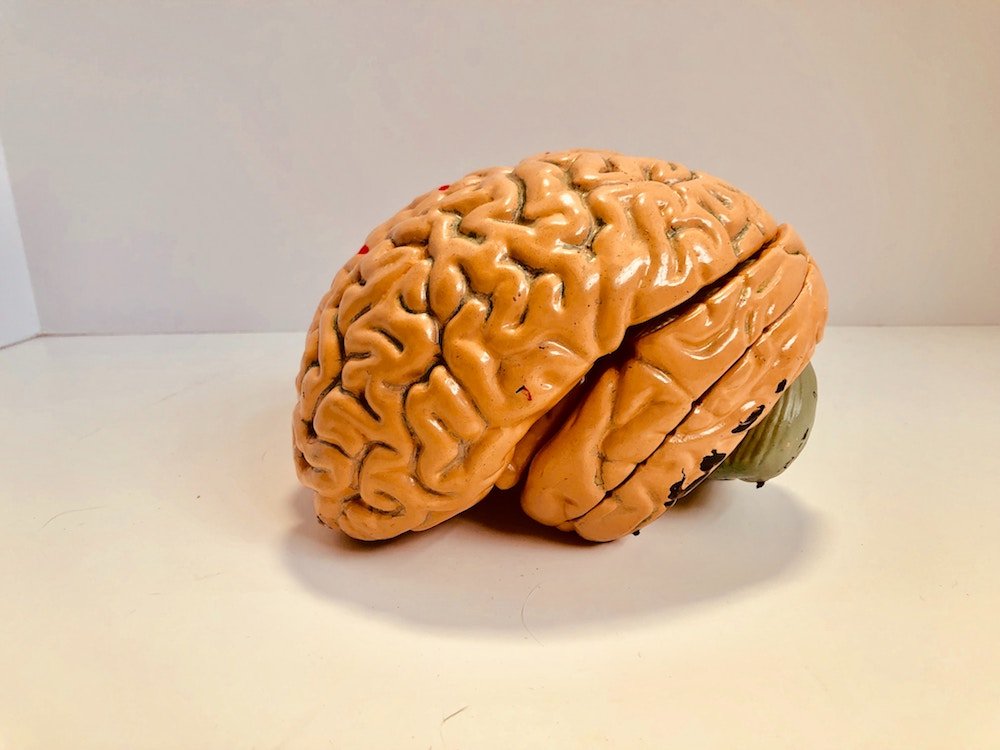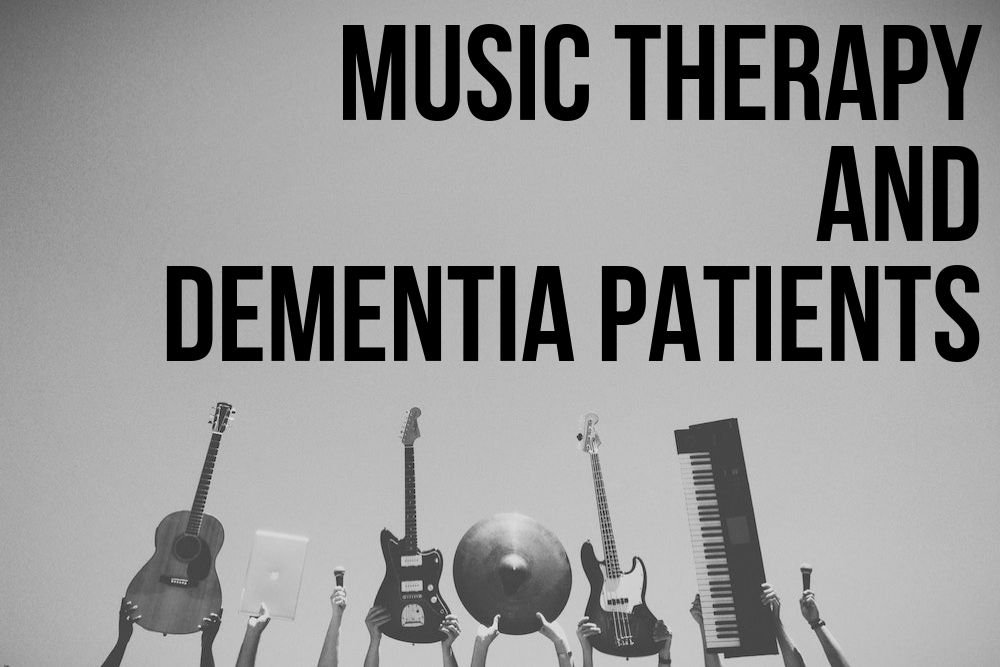we continue to explore the link between aluminum and Alzheimer’s when examining the causes and risk factors of the progressive disease.
Note: Aluminum (Al) is one of the elements that are in abundance in the world.
It occurs naturally in water and food.
The element is also widely in use by multiple industries as well as products that people use daily. These include cosmetics, cookware, cans, and medication, etc.
Some studies suggest that this chemical element associates with Alzheimer’s disease (AD). There are two main reasons this may be the case:
1. A considerable percentage of people with AD have been found to have HIGHER LEVELS of aluminum in the cerebrospinal fluid, serum, and brain.
2. Al bioaccumulates in cells, which results in bringing changes that are associated with loss of atrophy and function consistent with MRI findings in Alzheimer’s patient’s brains.
These factors led researchers to believe that elevated Al levels may either play a role in the development of the progressive disease or have a hand with its progression.
The idea was introduced in 1965 when researchers conducted a study with rabbits.
They found that the animals developed poisonous tau tangles in the brain after they were injected with high levels of aluminum.
This is another observation that led experts to believe that the chemical element plays a role in the development or worsening of Alzheimer’s disease.
The results of the injections were only positive after exposure to EXTREMELY high levels of the element. Note that this far exceeds the standards present in food or aluminum cookware that get into the human body.
How people consume aluminum?
Ever since the study, researchers have been trying to figure out if it is true that aluminum is one of the elements that causes Alzheimer’s.
Currently, only a couple of studies show a link between the illness and aluminum.
The others, which are a majority, conclude that there is nothing to worry about when it comes to Al and Alzheimer’s.
A couple of scenarios play out when looking for evidence on the same. There are different ways people consume aluminum.
Drinking Water

Different meta-analyses studied the association between aluminum levels in the water people drink and the risk of dementia.
The results were inconclusive. One particular study involved around four thousand seniors in France.
It concluded that taking water with excess aluminum by just 0.1 mg a day increased the risk of Alzheimer’s three times.
The studies also reveal that other elements present in drinking water, such as iron, copper, zinc, or fluoride, might also affect cognitive function.
Drinking Tea

Surprisingly, tea is one of the few plants whose leaves have a huge trace of aluminum. This element typically seeps into the brewed beverage.
Even so, there is still no evidence that Alzheimer’s is more prevalent in cultures that drink a lot of tea.
Medication

Some medications, specifically antacids and anti-ulcerative, usually have high aluminum levels.
A majority of antacids have about 35-208 mg per dose and it is higher for anti-ulcerative at 35-1450 mg per dose.
This is because aluminum hydroxide reduces acidity in the stomach.
Luckily, there are some aluminum-free options available, like Tums and Rolaids. Multiple studies, however, report that taking antacids regularly has nothing to do with Alzheimer’s disease.
More investigations are needed to give a true reflection of the relationship between the risk of Alzheimer’s and the use of antacids.
Use of Aluminum Pots and Pans

Many people fear that when they use aluminum cookware, beverage cans, foil, and other products, they will be exposed to harmful levels of the element.
The use of aluminum pans and pots contributes to a tiny percentage of the average intake of aluminum in human beings.
Realistically, it is also difficult to reduce exposure to aluminum significantly by avoiding aluminum kitchen products.
Use of Antiperspirants

Another subject that needs to be studied more when it comes to the correlation between aluminum and Alzheimer’s is antiperspirant usage.
These contain aluminum salts that dissolve into the surface of the skin to form a barrier with the sweat ducts temporarily.
This stops sweat from flowing to the skin’s surface.
To date, there is still no study that pinpoints Alzheimer’s risk to the use of antiperspirants that have aluminum.
However, some show a link between breast cancer and the use of antiperspirants.
Multiple studies report that the body does not easily absorb aluminum salts in antiperspirant products. If some of the element gets in, the kidneys readily flush this out.
Conflicting Findings

When talking about aluminum and Alzheimer’s, years of research has brought forth a lot of conflicting information.
Some of the findings support the notion that excessive aluminum can be a risk factor for Alzheimer’s, while others dispute this heavily.
Examples of some of the conclusions published include:
1. A few studies suggest that people who have Alzheimer’s disease have increased levels of aluminum in the brain. Other studies state this is not the case.
2. Some studies have found that there is a higher risk of people with occupational exposure to get dementia.
Understanding the Role of Aluminum in Alzheimer’s disease

Several environmental factors like diabetes, aging, drinking alcohol, smoking, trauma, and ischemia, etc. pose as risks of Alzheimer’s disease.
Al, on the other hand, may not play a significant role when it comes to cognitive decline and AD.
Nevertheless, the element might contribute to faster cognitive decline, especially in the older population, whether a person has Alzheimer’s or not.
More studies, however, need to be conducted to support this hypothesis.
Experts also acknowledge that it is challenging to study the effects of Al because the element is practically everywhere. A little dust may end up contaminating a sample compromising the results of a study.
The fact that aluminum is a pervasive element on earth implies it is hard to pinpoint the duration, dosage, and frequency of individual-level exposure.
Consequently, establishing, and cause and effect linkage between aluminum and Alzheimer’s is COMPLEX.
Why Aluminum May Be an Alzheimer’s disease Risk Factor

As much as most studies show that AL has little to do with Alzheimer’s, some studies state otherwise.
An example of such is one led by Dr. Walter Lukiw a neuroscientist and professor of Ophthalmology, Neurology, and Neuroscience.
Together with other researchers, Dr. Lukiw’s team summarized several factors that link AD to aluminum, such as:
1. Al promotes beta-amyloid plaques in the brain at the same levels as those that are present in humans.
2. Aluminum enhances the brain inflammation by increasing nuclear factor kappa beta, a pro-inflammatory molecule. The molecule is usually present in the brains of persons who have Alzheimer’s disease.
3. The element increases brain gene messenger RNA molecules similar to those that become multiplied with AD.
4. Out of the many AD drug treatments tested to date, the use of aluminum chelator is so far one of the most effective therapeutic solutions yet.
5. Adding aluminum to the diets of animals who have Alzheimer’s causes more brain changes that are associated with the progressive disease. These include deficits in gene expression, cell death, and oxidative stress.
6. Some studies show that people who drink water with too much Al are at a higher risk of developing Alzheimer’s.
7. Aluminum tends to be the cause of similar cellular energy deficits that are related to AD. These include impaired signaling involving the use of energy and ATP.
A few factors bar further research into these findings
For starters, researchers claim that it is difficult to find funding when they want to pursue angles that deal with aluminum and Alzheimer’s.
This is because most people believe that this is just a myth that does not deserve too much research.
Additionally, experts also have a problem getting the research done “properly.” A researcher cannot test whether Al causes Alzheimer’s disease in humans directly.
This is because there is no ethical manner of giving humans huge doses of the element.
It means that scientists are left to rely on scientific investigative methods to determine the role of aluminum in the development or progression of AD.
One of the alternatives to this is animal studies:
1. The studies that counter this evidence usually support their claims by stating three important points.
Sufficient amounts of Bioavailable Al cannot enter the brain and cause damage.
2. Accumulation of aluminum in neurons is considered a consequence instead of a cause of neural loss, which is typical of AD.
3. Healthy kidneys efficiently excrete excess aluminum from the body.
Aluminum and Alzheimer’s Closing Thoughts
As seen above, there is still no persuasive or reliable evidence associating aluminum and Alzheimer’s.
Although some studies associate Alzheimer’s risk with aluminum, many state that there is no association between the two.
This may be because the study that triggered this entire debate was typically focused on a single animal (rabbit) that may be susceptible to aluminum poisoning.
Perhaps, if other types of animals are studied, the results will give us clearer answers.
It is, nonetheless, important to limit exposure to the element to be on the safe side based on the inconclusive findings on this topic.





































































